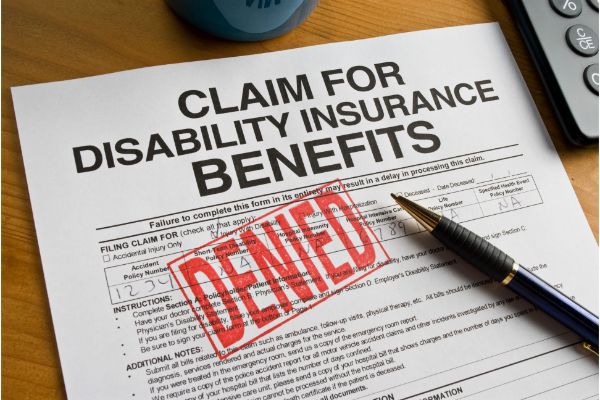Most employer-sponsored long-term disability plans are subject to the ERISA, or the Employee Retirement Security Act. ERISA provides for precise and stringent deadlines on both claimants and plan administrators to file and make decisions on both claims and appeals. Nonetheless, there are certain circumstances in which plan administrators can extend the timeframe for issuing some of their decisions. In other situations, however, plan administrators can suffer consequences if they don’t comply with the deadlines, as can claimants seeking benefits.
For example, if benefits administrators fail to issue a decision on benefits by a deadline, the claimants may be able to assume that their claims have been denied. In this case, they have exhausted their administrative remedies and are free to pursue an appeal.
Substantial compliance is a common law doctrine that courts have applied in some contexts to excuse individuals or insurers for missing deadlines in ERISA-governed long-term disability claims. The 2002 amendments to ERISA, however, have shed some doubt as to whether the doctrine still applies. However, a recent court ruling states that the principle of substantial compliance does not apply to regulatory deadlines set by the Department of Labor.
In a decision earlier this year, the U.S. Court of Appeals for the Seventh Circuit ruled that a de novo standard of review was appropriate in a case in which the plan administrator issued a denial of benefits after a 90-day deadline for issuing a decision. The administrator attempted to argue that it substantially complied with the deadline, but the court ruled that the substantial compliance exception was inapplicable.
Likewise, the Court of Appeals for the First Circuit has held that when plan participants miss a deadline for appeal, they cannot claim substantial compliance with the appeal deadline. In this case, a claimant filed a letter purporting to be an appeal two months past a 180-day deadline. The court ruled that the appeal was not timely and that the substantial compliance doctrine did not apply.
Long-term disability claims are complex matters that require intensive knowledge of ERISA laws and regulations. As a result, you will need experienced legal representation and advice to pursue an ERISA-governed disability claim. Bonnici Law Group is a law firm focusing on ERISA long-term disability benefits and bicycle injury cases in San Diego, CA. When you need effective legal representation, contact Bonnici Law Group at 858-261-5454 or email us at help@bonnicilawgroup.com.

Legal Support for Bike Accidents in Malibu, California
Malibu, California, is an iconic beach city in western Los Angeles County, famous for its stunning 21-mile stretch of Pacific coastline, luxurious oceanfront homes, and status as a haven for celebrities.
Bicycle, Injury, and Disability Legal Team in Long Beach, California
Long Beach, California, is a vibrant coastal city in Los Angeles County, renowned for its diverse population, bustling port, and distinctive blend of urban sophistication and a laid-back beach town atmosphere.


